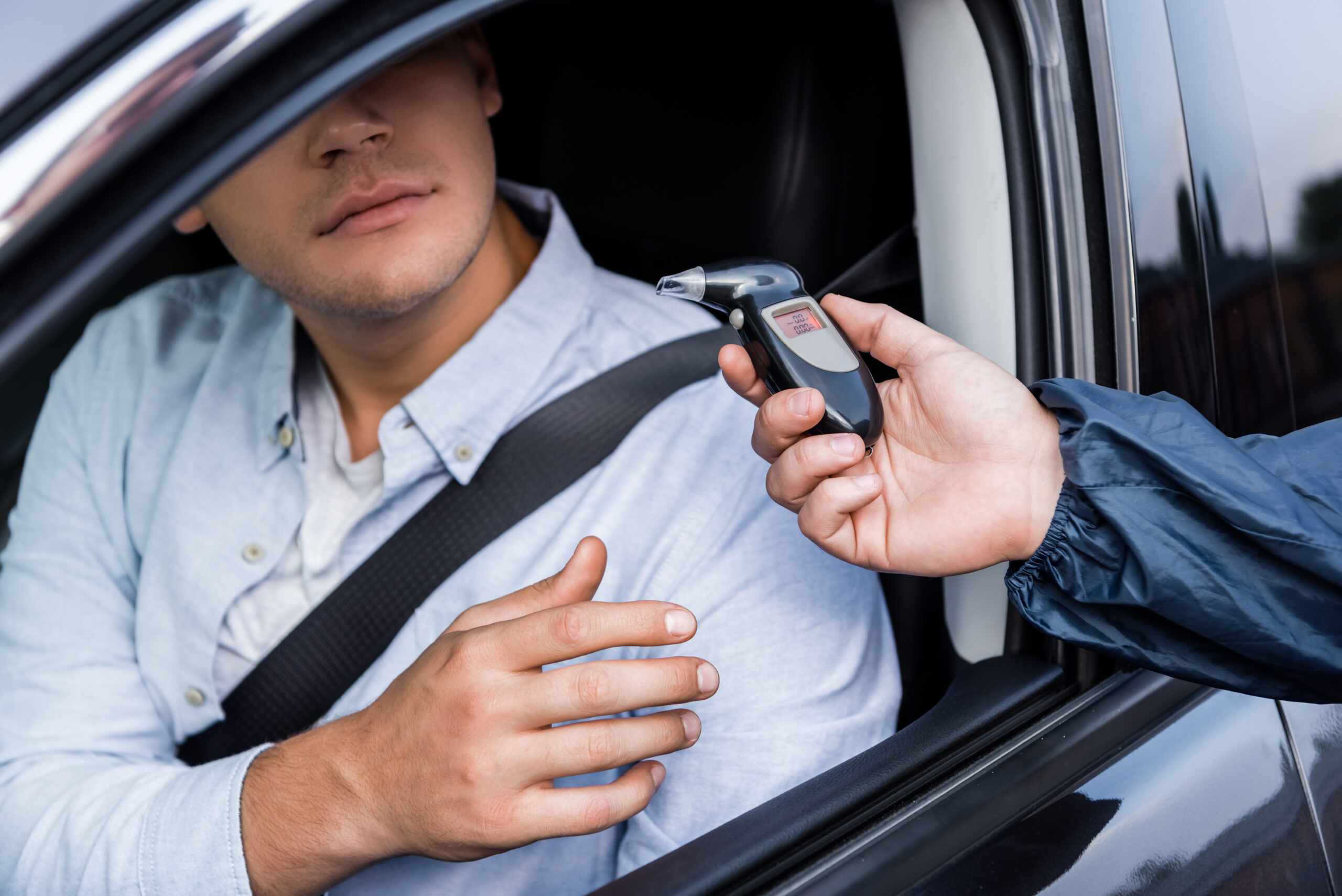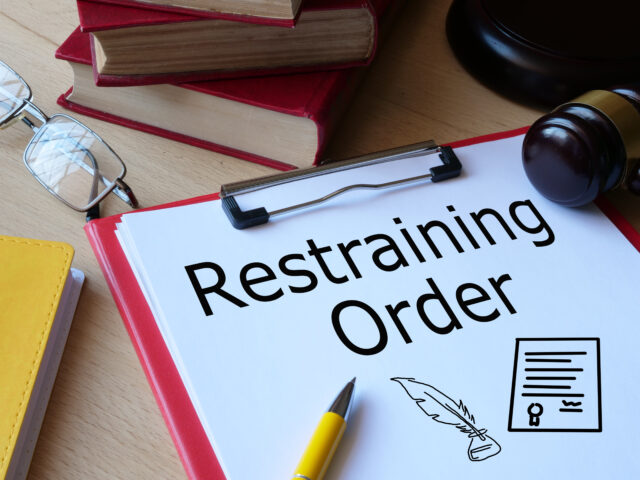Regardless of whether you are returning from a social engagement or a late-night work shift, the last thing you anticipate is ending up in handcuffs for driving while intoxicated (DWI). Unfortunately, such arrests can stem from a defective breathalyzer test. If this reflects your circumstances, you are likely wondering whether you can challenge the results. Please continue reading as we explore what you should know about these matters and how an experienced Dallas DWI Lawyer can help protect your rights.
How Does a Breathalyzer Test Work?
If you are pulled over by the police and they suspect you are driving under the influence of alcohol or drugs, they will probably ask you to submit to a breathalyzer test. This device is used to measure the amount of alcohol in your system. To determine your blood alcohol concentration (BAC), the officer will have you blow into a small tube on the device. The ethanol in your breath reacts chemically with a catalyst in the device, generating an electrical current. The strength of this current then produces a reading to determine your BAC.
In Texas, the legal limit for drivers 21 years and older is 0.08%. For commercial drivers, the limit is lower, at 0.04%, and the state enforces a zero-tolerance policy for drivers under 21, which means any detectable amount of alcohol in your system can result in a DWI charge.
How Do I Challenge the Results of a Breathalyzer Test?
Breathalyzer tests are often employed in suspected DWI cases. However, they are not foolproof, meaning their results can be contested in court.
One common strategy is to argue that the breathalyzer device was not properly maintained, rendering the results inaccurate. To ensure accuracy, breathalyzers need consistent calibration. An attorney can examine the specific device utilized in your case, verifying it was properly calibrated and maintained as per the manufacturer’s guidelines and state regulations. Discovering inconsistencies or neglected upkeep can significantly weaken the credibility of the results.
You should note that breathalyzers may experience malfunctions or glitches, which can impact their readings. Evidence of such errors can be used to challenge the tests’ reliability. Residual alcohol from prior tests can remain in the testing chamber, resulting in inaccurately high readings. Thorough cleaning between tests is crucial for accurate results.
Beyond device accuracy and maintenance, you can challenge test administration procedures. An attorney can examine whether the officer was properly trained and followed protocol, including observing you for a required period before administering the test. Some medical conditions, like acid reflux, mouth alcohol from recent use of certain products, or the timing of the test relative to alcohol consumption, can lead to inaccurate readings.
Furthermore, an attorney can present alternative explanations for your behavior if the prosecutor is relying heavily on the officer’s observations of intoxication, such as slurred speech or unsteady movements. They can offer alternative circumstances like fatigue illness, anxiety, or even medications that can mimic signs of impairment.
If you are facing drunk driving charges in Texas, it’s in your best interest to contact a skilled attorney from Spanlger Law. Our legal team is prepared to help you navigate your legal options.



